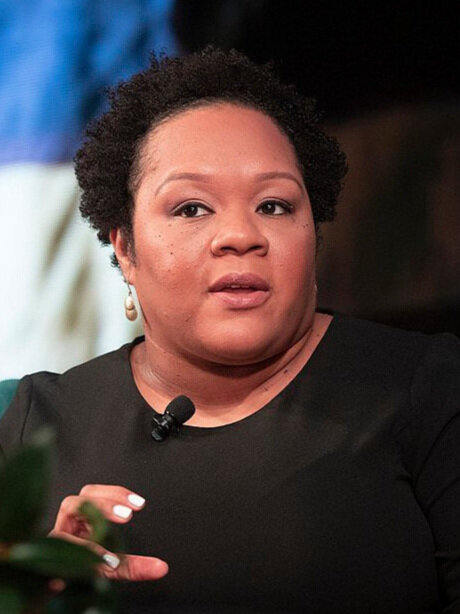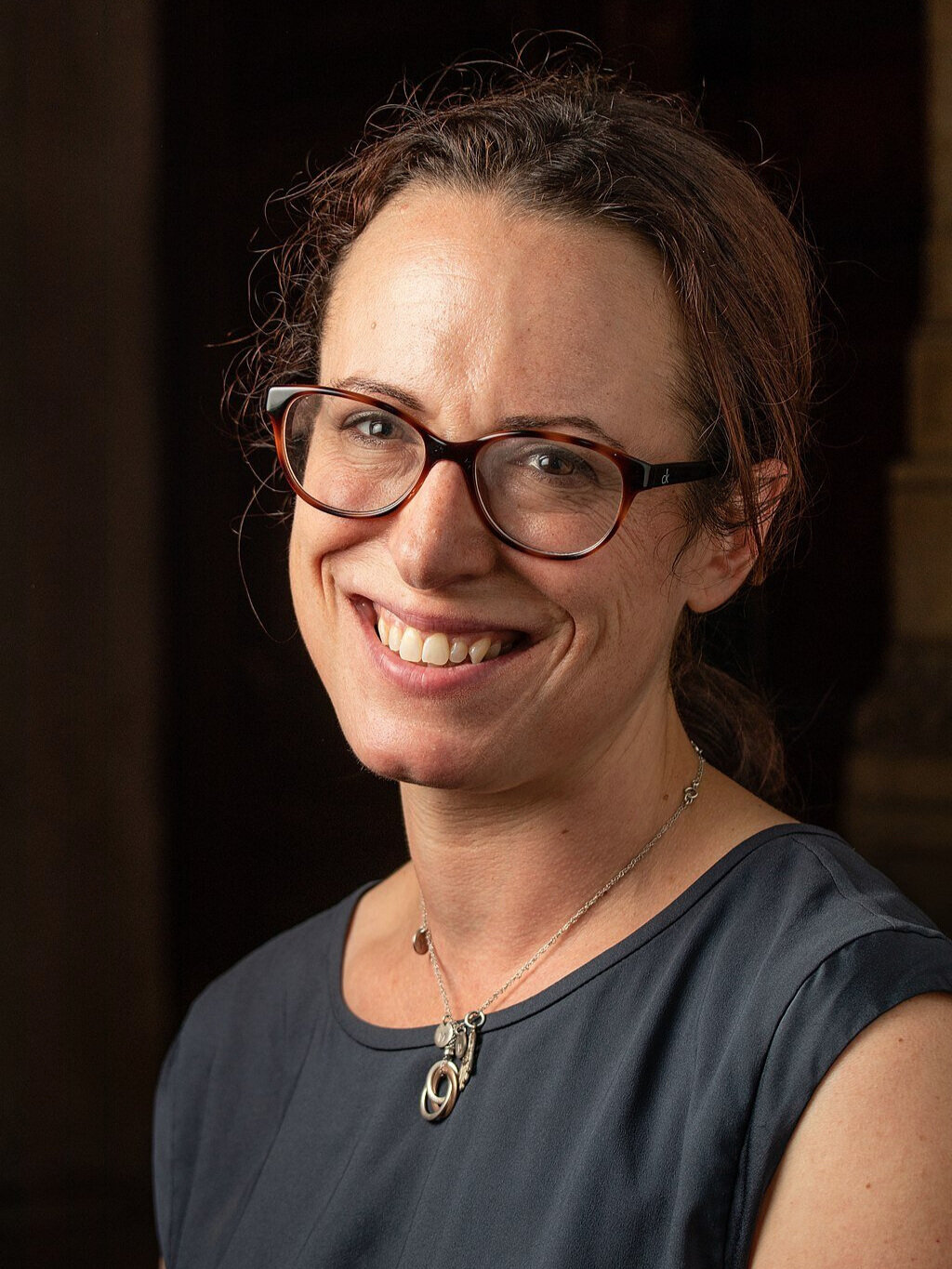Women's Voices Are Critical at Times of Crisis. So Where Are They?
photo credit: Mauro Lima, via Unsplash
Why does the work of GenderAvenger matter when we are in the middle of a pandemic, extraordinary economic distress, and a national reckoning over systemic racism? Not to mention, there will be a woman vice presidential candidate!
There is so much to care about, work on, and contribute to that seems more immediate. These are not just distractions. They are critical to the nation’s future and the individual lives of families across America and the globe.
Daily, we hear voices on these critical issues and read announcements from philanthropic organizations and businesses about their resolve, backed by dollars, to underwrite a better future and address them. Thankfully, stalwarts Melinda Gates and Mackenzie Scott have stepped up their continuing commitment to women.
GenderAvenger is about being heard and the power of being heard. Those who are listened to will accrue power as the country wrestles with these issues.
“GenderAvenger is about being heard and the power of being heard. Those who are listened to accrue power as the country wrestles with these issues.”
Early on, as news of the pandemic set off alarms, and much of the coverage was about the impact on women, the default authority seemed to be men.
“Experts” were informing us about women. Men who are considered experts, that is.
We were told to cry for the nurses and admire the women doctors at bedsides, but the experts and big thinkers offering policy advice were by and large men. Drs. Ezekiel Emanuel, Sanjay Gupta, and Irwin Redlener dominated the broad pandemic discussion. The White House Coronavirus Task Force and their daily briefings featured white men, with the exception of Dr. Deborah Birx and rare appearances by the Black Surgeon General Jerome M. Adams. At one point, a big deal was made of expanding the overwhelmingly male task force to include more experts, which resulted in a makeup of 25 men and only two women.
As the economic consequences became more and more apparent, the President’s cabinet members, Austin Goolsby, Paul Krugman, Steve Rattner, and many male economists from Wall Street firms became staples on the cable news circuit. I noticed exceptions. Rana Foroohar is often a guest of Fareed Zakaria, as well as, and not often enough as my personal favorite, Washington Post columnist Catherine Rampell.
There have been a few bright spots as women reporters have continued to take center stage at White House press briefings and cover the President through shouted questions outside the White House. Yamiche Alcindor, Kaitlan Collins, and Maggie Haberman, among others, have refused to be silenced by the President’s bluster, and their voices have risen among their peers. Once heard, recognition of their power and their authority required attention. They are now regular commentators along with their beat reporting, providing a clear example of how the power of presence translates into opportunity to be heard more broadly. The best news is the elevation of Joy Reid to a prime time host slot.
Plus, the New York Times “In Her Words”, the Washington Post, The Lily, and the The 19th make it easier to find women who could be — no, should be — regular commentators, keynote speakers, and op-ed authors.
In the continuing aftermath of the murder of George Floyd and by virtue of their status, Black women mayors and police chiefs have been regular guests on news programs. A look at the New York Times Sunday front pages since the protests began has revealed a sharp uptick in bylines by Black women reporters and commentators. Good as that is, it will be important to keep watching for their continuing bylines as news coverage turns elsewhere.
“…the power of presence translates into opportunity to be heard more broadly.”
Beyond the news, professional domains turning to the new world of virtual communication are not promising. Anecdotal evidence points to old gender bias habits reemerging with a vengeance online. Video conference calls have become stages of their own. Here, a white male keynoter is bragging about his fellow speakers at an upcoming event where there are no women headliners and there are only three women out of 22 keynoters. Is it a wonder that the Real Leaders list of the top 50 keynoters in the world are 83% men?
Even when women are included as our lives unfold via video call, men talking over women colleagues and mansplaining seem to be getting worse. The McKinsey and Lean In Women in the Workplace 2019 report revealed that half of the women surveyed experienced being interrupted or spoken over, and 38% had credit taken for their ideas.
And so the beat goes on.
When there is so much to be concerned about, it is human nature to seek comfort. Returning to old norms may be comforting to some, but to the legions of women who have been pressing for equality in the public dialog this backslide is jarring.
We can’t let it happen. Women are critical to our future as a nation and around the globe. We must keep counting because women’s voices count, now more than ever.




